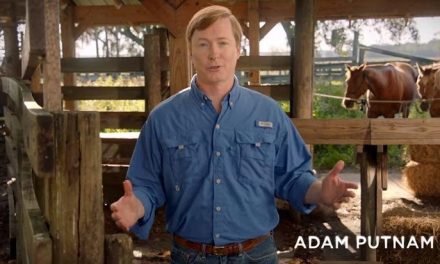Google and its YouTube subsidiary will pay $170 million to settle allegations that YouTube collected personal information from children without their parents’ consent, the Federal Trade Commission said Wednesday.
The companies allegedly collected information of children viewing videos on YouTube by tracking users of channels that are directed at kids. YouTube allegedly failed to notify parents or get their consent, violating laws that protect children’s privacy, according to a complaint filed against the companies by the FTC and the New York attorney general.
RELATED STORY:
YouTube earned millions of dollars by then using this information to target ads to the children, according to the complaint. FTC Chairman Joe Simons said in a statement.
“YouTube touted its popularity with children to prospective corporate clients. Yet when it came to complying with (the children privacy law), the company refused to acknowledge that portions of its platform were clearly directed to kids. There’s no excuse for YouTube’s violations of the law.”
According to the complaint, YouTube marketed itself as a top destination for kids in presentations to the makers of popular children’s products and brands.
RELATED STORY:
For example, Google and YouTube told Mattel, maker of Barbie and Monster High toys, that “YouTube is today’s leader in reaching children age 6-11 against top TV channels” and told Hasbro, which makes My Little Pony and Play-Doh, that YouTube is the “#1 website regularly visited by kids.”
The FTC voted 3-2 to authorize the complaint and the final order in the case. In his dissent, FTC Commissioner Rohit Chopra noted that the “terms of the settlement were not even significant enough to make Google issue a warning to its investors.” He said he fears “the Commission brings down the hammer on small firms, while allowing large firms to get off easier.”
RELATED STORY:
Google did not immediately respond to NPR’s inquiry about the settlement. In a blog post Wednesday, YouTube said:
“Responsibility is our number one priority at YouTube, and nothing is more important than protecting kids and their privacy.”
YouTube said that, in a about four months, it will begin treating data “from anyone watching children’s content on YouTube as coming from a child, regardless of the age of the user” and will stop serving personalized ads on this content and end comments and notifications on it.












